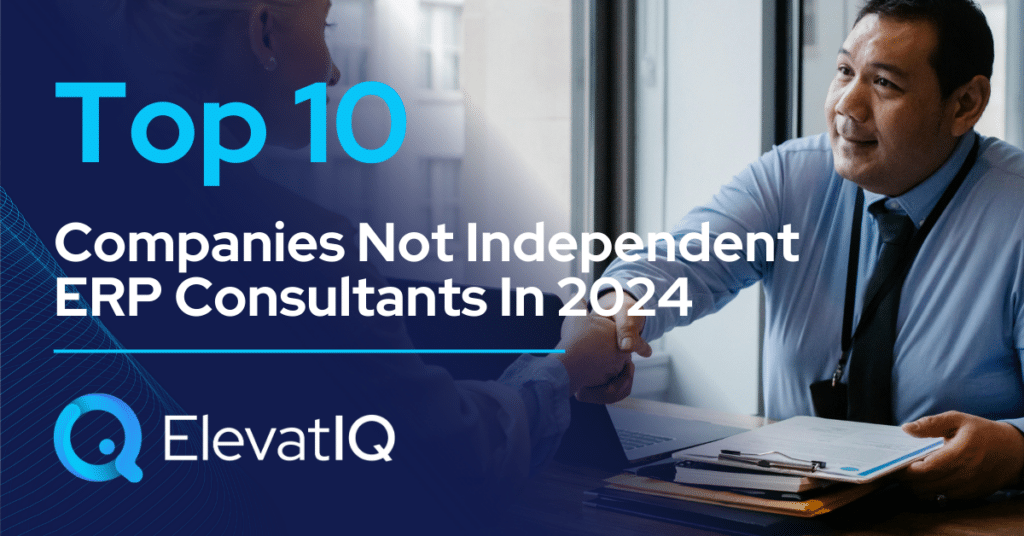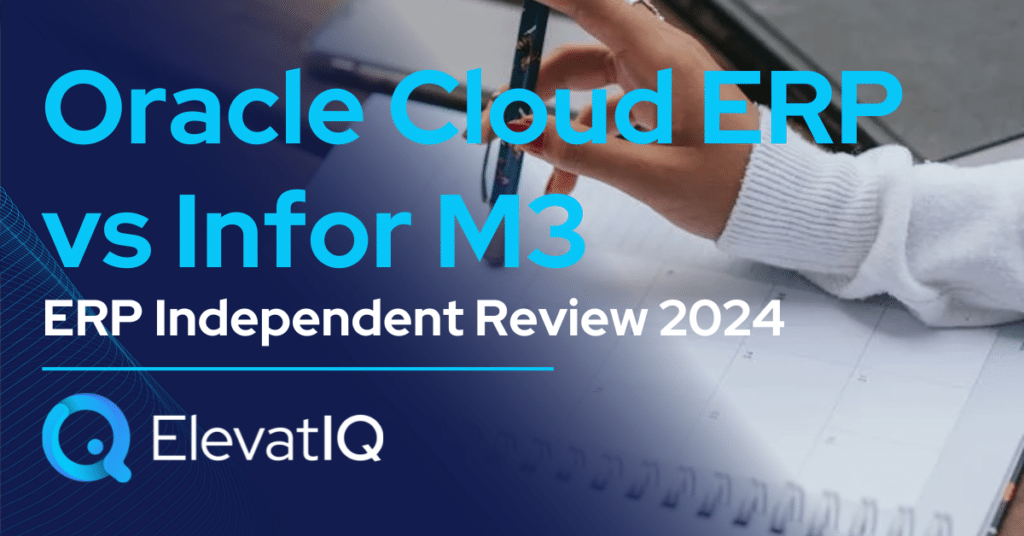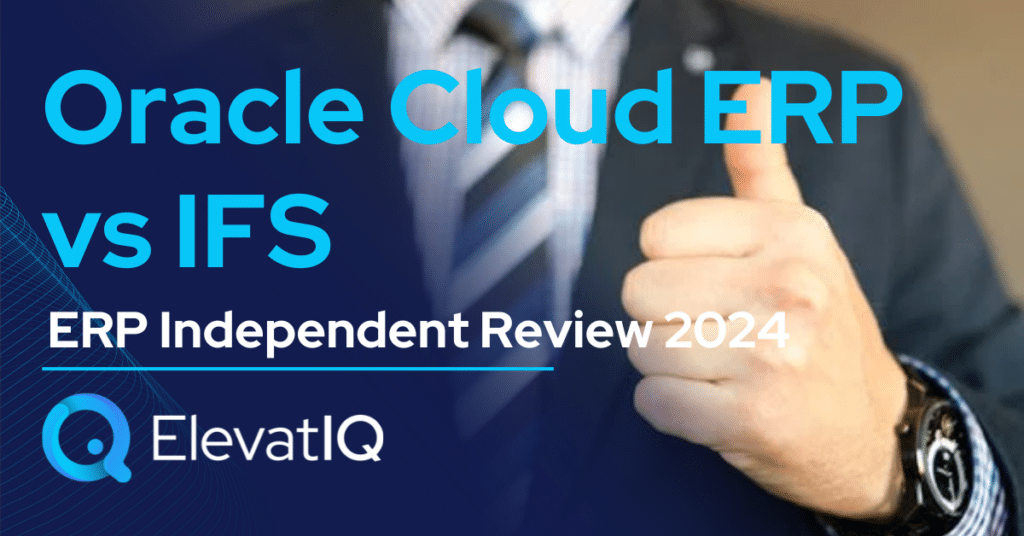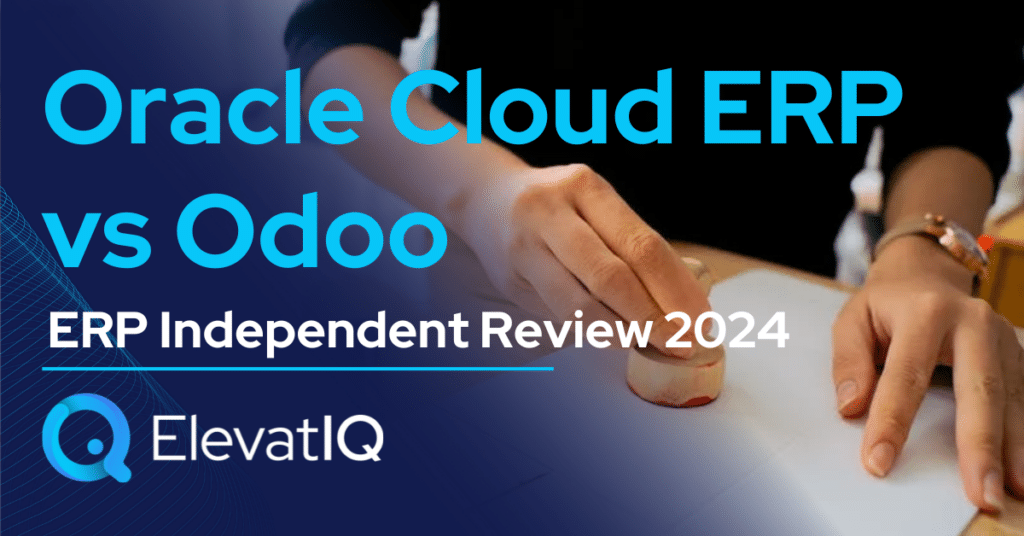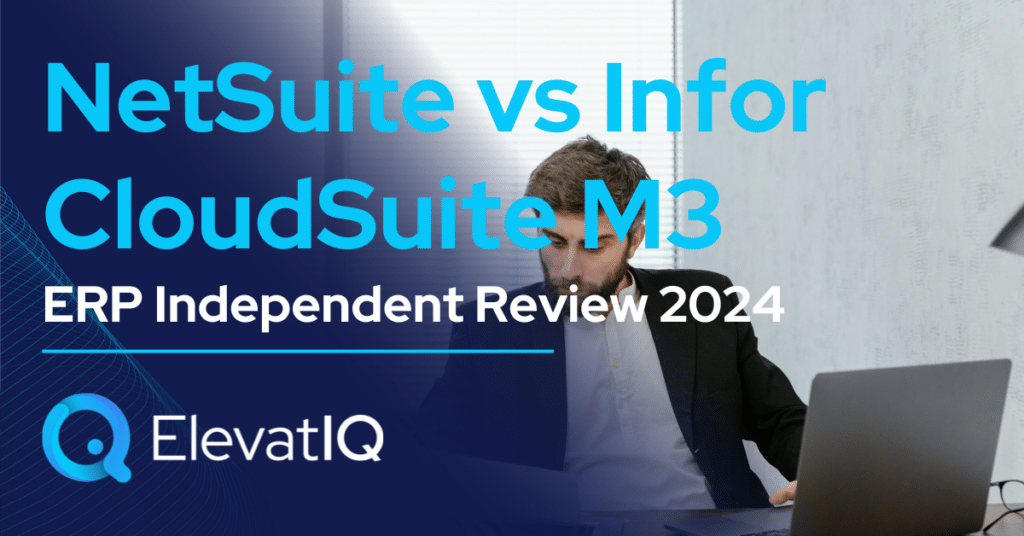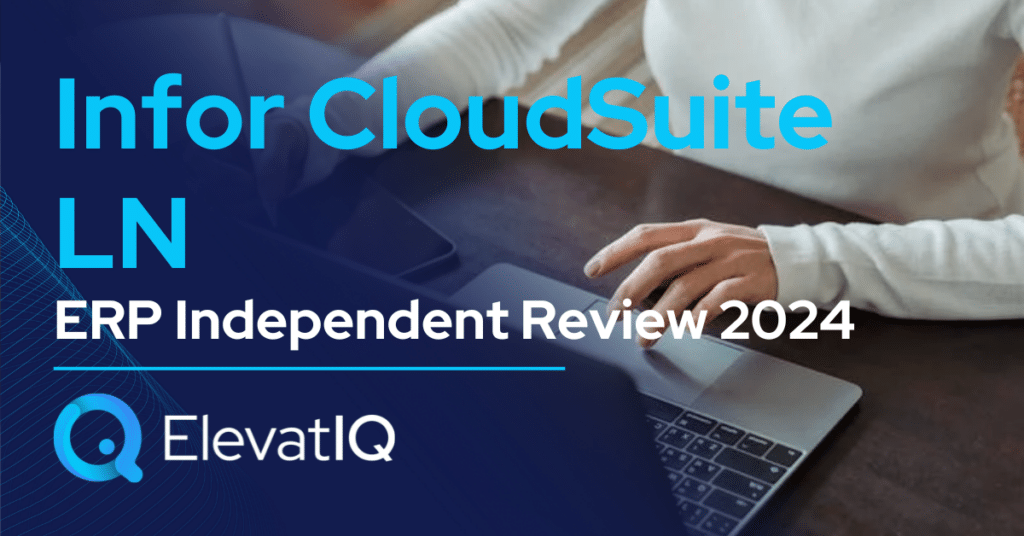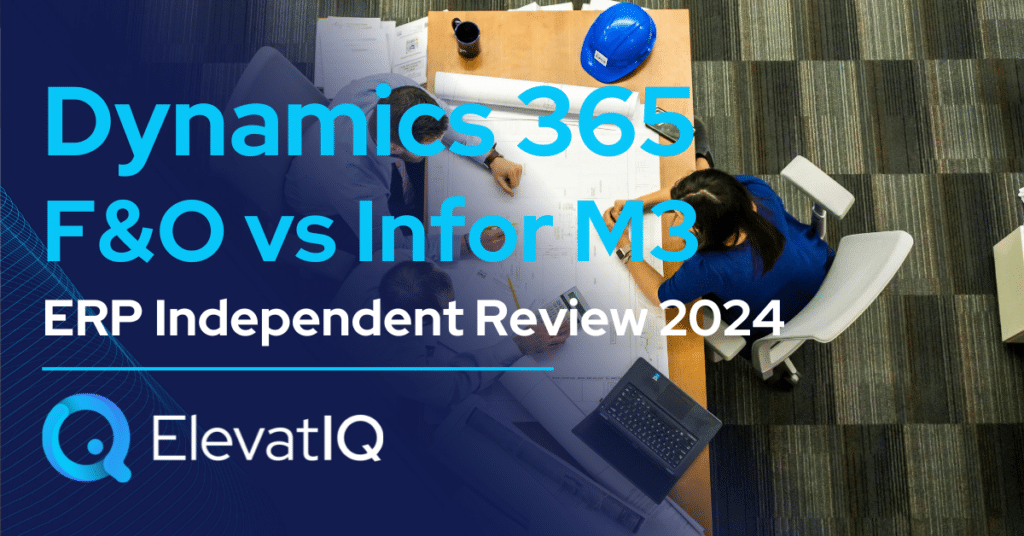“Independent” is the latest buzzword in the ERP industry. While many companies claim independence, not all fully comprehend how the independent ERP consulting business model works. In this blog, we will delve into the top 10 companies that are not independent ERP consultants, which constitutes a rather unique business model. So, let’s explore further.
In the realm of ERP projects, you’ll encounter various companies. It’s often amusing because some companies may sell their own software while asserting independence. Alternatively, there are scenarios where companies are affiliated with vendors yet claim independence despite reselling their software.
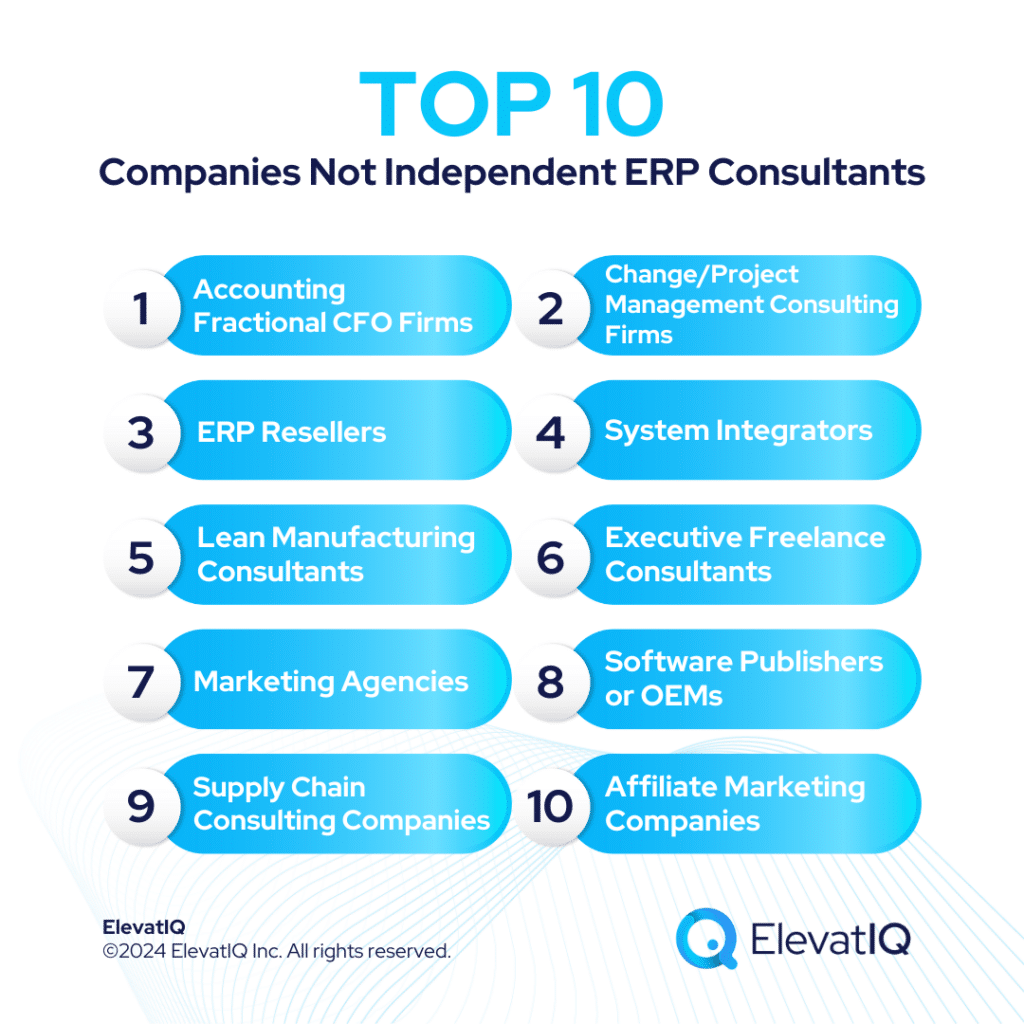
Such claims may be supported by arguments that vendors don’t directly compensate them, hence claiming independence. However, when seeking an independent ERP consultant, it’s crucial to engage a vendor-agnostic consultant. Their lack of affiliation should be evident in their marketing materials. Therefore, paying attention to this distinction is imperative. This list aims to elucidate the diverse companies involved in the ERP industry and their differing approaches. Let’s examine the list now.

10. Affiliate Marketing Companies
Business Model. When considering affiliate marketing companies, it’s important to note that they may not have affiliations with ERP vendors. However, their business model revolves around selling leads based on their content marketing authority. Typically lacking ERP implementation experience, they often echo the narratives provided by ERP vendors, relying on them for expertise.
Their Role with ERP Projects. During your ERP journey, you’ll encounter various affiliate marketing companies claiming to aid in vendor selection or RFP processes. However, their insights are often limited, particularly regarding implementation aspects such as integration design. This limitation frequently leads to ERP implementation issues.
Their Tendency to Underestimate the Expertise Required for ERP Selection. Even if the right product is identified, failure to define architecture during the selection phase or address change management issues can still result in complications. Therefore, it’s important to recognize that affiliate marketing companies do not necessarily offer the same independence as independent ERP consultants.
9. Supply Chain Consulting Companies
Business Model. Supply chain consulting companies are business consulting firms that specialize in supply chain operations. Their typical business model involves engaging with supply chain teams, delving deep into supply chain matters but not necessarily from an ERP perspective.
Their Limited Perspective and Potential Affiliation. While they may have utilized ERP systems and implemented supply chain processes within them, this doesn’t provide them with a comprehensive perspective combining all functions. Additionally, they may lack independence and could be affiliated with ERP, WMS, or CMS vendors, restricting their interactions to vendors within their ecosystem.
Their Tendency to Underestimate the Expertise Required for ERP Selection. Therefore, supply chain consulting companies may not always function as independent ERP consultants. They are suitable for addressing specific, departmental supply chain issues but may not be the best fit for defining ERP selection processes or aiding in ERP system selection and implementation. Their focus tends to be more on supply chain aspects, which may not suffice for comprehensive ERP needs.
8. Software Publishers or OEMs
Business Model. The business model for software publishers or OEMs revolves around selling licenses, with a primary focus on revenue generation through license sales. While they may assert having implementation expertise, their core objective is to sell licenses. Some OEMs may operate through their own reseller or consulting channels, but their primary goal remains license sales.
Free Advice Potentially Biased. As their profitability hinges on selling their software, they are inherently not independent. Despite claims of independence, OEMs may not exclusively specialize in ERP; they could also be ISV or e-commerce vendors. While they may offer assistance with ERP selection, their analyses typically favor their own products, processes, and methodologies.
Unspoken Alliances of the Enterprise Software World. It’s common for businesses to prioritize maintaining a good relationship with their OEMs, especially since they rely on their software. However, OEMs often recommend companies within their ecosystem or trusted channels, potentially limiting impartiality. Therefore, while businesses may collaborate with OEMs, they should recognize that OEMs do not function as independent ERP consultants.
7. Marketing Agencies
Business Model. Marketing agencies encompass various entities specializing in marketing, branding, SEO, and e-commerce. Typically, they collaborate with a company’s marketing department, promising extensive experience in enhancing sales through marketing efforts.
Their Limited Perspective and Affiliations. While they may offer assistance with ERP selection and implementation, their perspective often remains siloed, similar to supply chain consulting companies. Additionally, they may have affiliations with multiple vendors to promote alongside existing platforms, making them inherently non-independent.
Their True Expertise. It’s advisable to engage with marketing agencies when you need help with specific marketing challenges at the departmental level. However, they may not be the most suitable choice as an independent ERP consultant for ERP selection and implementation processes.
6. Executive Freelance Consultants
Business Model. Executive freelance consultants, often comprising former executives or board members, possess valuable industry experience, including ERP consulting.
Limited Cycles Under Their Belt. They may engage in freelance work during career transitions, seeking part-time or contract-based opportunities. Despite their expertise, they may lack extensive experience due to fewer engagement cycles and potential vendor affiliations, challenging their claims of being independent ERP consultants.
Insider Secrets Requires a “Rat”. Their business model may not prioritize ERP selection and implementation, limiting their understanding of industry dynamics, negotiation strategies, and risk mitigation. While they can offer valuable assistance in addressing specific business process issues, they may not be the optimal choice for ERP selection and implementation endeavors.
5. Lean Manufacturing Consultants
Business Model. Lean manufacturing and Industry 4.0 consultants share similarities with marketing and supply chain consultants, as their focus tends to be biased towards shop floor manufacturing. While efficiency in manufacturing is crucial for success, it’s essential to recognize the importance of all departments in ERP projects.
Their Blind Spots. Ensuring representation of everyone’s interests, even if not equally, is vital to understanding how decisions impact workflows across the organization. Failure to conduct such analysis may lead to planning, forecasting, costing, integration, and reconciliation issues.
Their Superpowers. While these consultants specialize in lean processes, their ERP system experience varies. Even if they claim ERP implementation expertise, it’s crucial to consider the breadth of their experience. Collaborating with them is beneficial when addressing specific manufacturing or lean-related issues. However, they may not possess the expertise as an independent ERP consultant required for ERP selection and implementation.
4. System Integrators
Business Model. System integrators or the IT companies, are often perceived as having ERP expertise by companies unfamiliar with how the ERP industry operates. However, ERP requires specialized expertise that is distinct from general IT knowledge. System integrators typically operate similarly to ERP resellers, with partnerships with various providers and internal practices competing with each other.
Their Blind Spots. Despite potentially covering multiple ERP systems and process areas, their perspective may remain siloed. Sometimes companies rely upon IT consultants for IT procurement based on longstanding trust, with the hope of finding a system suitable for business processes. Generally, IT companies focus on technical aspects and may lack ERP expertise due to fewer engagement cycles and limited industry connections.
Their Superpowers. Consequently, they are not considered independent ERP consultants. They are best suited for addressing specific IT issues such as infrastructure, desktop security, or internal server procurement. However, they may not be the most suitable choice for ERP selection and implementation.
3. ERP Resellers
Business Model. ERP resellers, often ISVs, may portray themselves as independent despite representing various ERP systems. They may offer proof of concept or collaborate with other resellers to present multiple options during the selection process.
Free Advice Potentially Biased. However, their primary goal is to sell the systems they carry, leading to inherent bias in the selection process. While they may carry multiple products that might not be listed on their sights, their content strategy and evaluation approach can reveal their independence.
Their Blind Spots. Businesses should exercise caution when engaging with ERP resellers, focusing on product-specific expertise rather than broader areas like change management or system architecture. Independent ERP consultants are better suited for tasks requiring unbiased evaluation and identification of technology solutions.
2. Change/Project Management Consulting Firms
Business Model. Change or project management consulting firms come in various flavors, each offering a unique approach to change management. While change management is a broad concept, ERP projects demand deep ERP expertise, even within change management consulting firms.
Their Blind Spots. Given the constant evolution of ERP licensing, products, and technology, daily involvement in ERP-related activities is crucial. However, similar to freelance consultants or marketing agencies, these firms may lack awareness of industry dynamics and political forces, relying on technical vendors for ERP expertise. This reliance can lead to issues during ERP implementation, as vendors often present biased perspectives.
Their Affiliations. While change management consulting firms primarily focus on selling change management services, ERP change management differs significantly. Their independence may also be questionable due to potential affiliations with vendors. Evaluating their content strategy can shed light on their impartiality. Collaborating with these firms is advisable when seeking change management for simpler processes but may not be ideal for complex ERP transformations.
1. Accounting Fractional CFO Firms
Business Model. Accounting fractional CFO firms are often seen as the go-to for ERP systems due to their specialization in accounting and finance. However, similar to marketing agencies, lean consultants, or supply chain consulting firms, they may have a narrow focus, catering to specific areas.
Their Blind Spots. ERP systems aim to integrate all departments, requiring expertise across various domains. While accounting fractional CFO firms excel in financial reporting and analytics, they may overlook out-of-the-box ERP solutions, instead focusing on their services for revenue generation. Despite claiming independence, they may have affiliations with multiple vendors, aligning with their business model akin to resellers or system integrators.
Their Superpowers. Consequently, they may not be considered independent. Collaborating with them is advisable when seeking accounting-centric or finance-centric expertise. However, independent ERP consultants are better suited for ERP selection and implementation due to their broader expertise across departments.

Conclusion
In conclusion, the ERP industry is filled with buzzwords like “independent,” but not all companies truly grasp the nuances of independent ERP consulting. This blog has shed light on top 10 companies that may not fit the bill of independent ERP consultants, highlighting their unique business models. From affiliate marketing companies to accounting fractional CFO firms, each entity brings its own perspective to the table, but they may not necessarily offer the impartiality needed for ERP selection and implementation.
While these companies may excel in specific areas like marketing, supply chain, or accounting, their focus tends to be siloed, overlooking the comprehensive needs of ERP projects. Despite claims of independence, affiliations with vendors and biases in product promotion may undermine their credibility as independent consultants.
Therefore, businesses embarking on ERP projects should tread carefully when engaging with these entities, recognizing their strengths and limitations. While they may offer valuable expertise in their respective domains, independent ERP consultants remain the optimal choice for navigating the complexities of ERP selection and implementation. With their vendor-agnostic approach and comprehensive industry knowledge, independent consultants ensure unbiased evaluation and implementation of ERP systems, ultimately leading to successful ERP projects.


